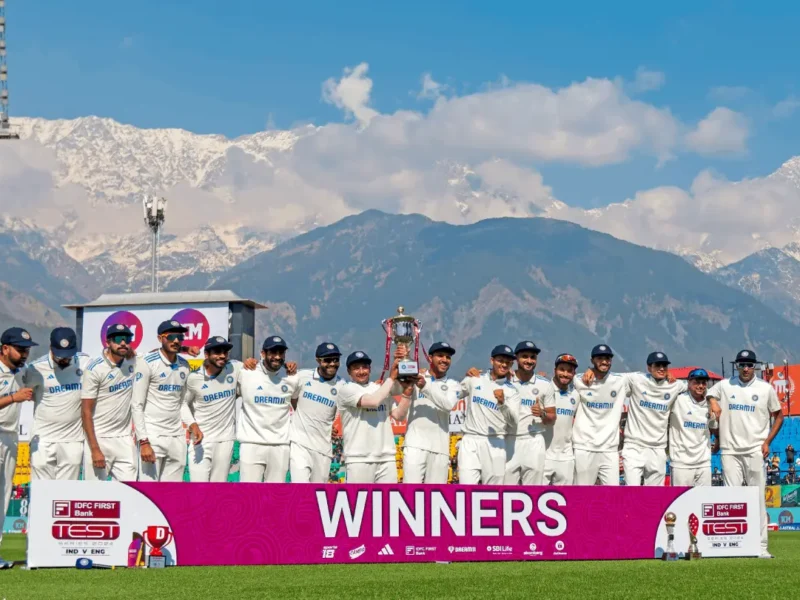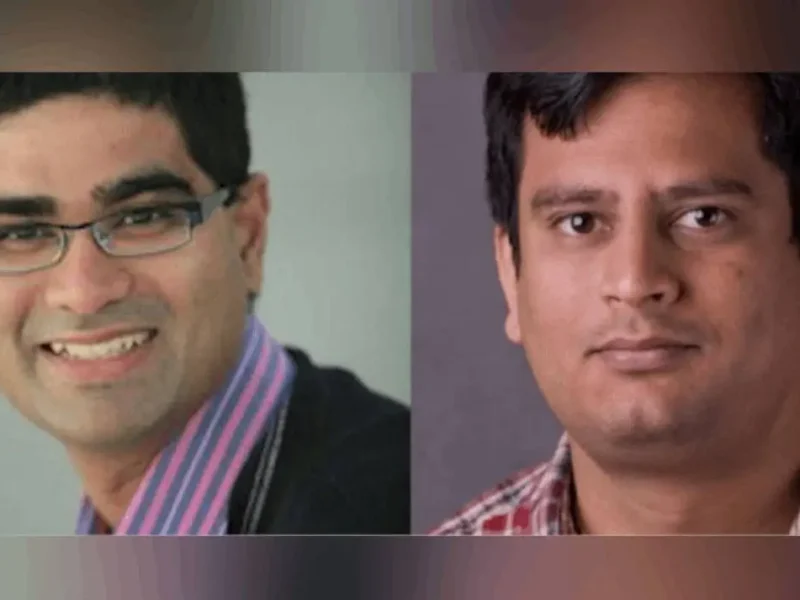Indians Happy With Court Stopping Affirmative Action In College Admissions
By NAVNEET S. CHUGH
The Supreme Court’s recent ruling on college admissions and affirmative action has made African Americans and Hispanics unhappy, some whites happy and most Indians happy. The lawsuits leading up to the ruling were largely filed by Asian-American students who argued that affirmative action policies disadvantaged them in the college admissions process.
Asian Americans have a diverse range of perspectives on the issue, influenced by generational, cultural, and political differences. Many Asian-American parents and educators who have long felt frustrated by what they perceive as bias against Asians in college admissions were jubilant about the ruling. They believe that hard working immigrant families, predominantly from China, India, and South Korea, face unfair treatment in the admissions process, which undermines equality. They value diversity but argue that it should not come at the cost of equal opportunities for Asian-American students.
Indian Americans believe that race or ethnicity should not be a factor in college admissions decisions. Most Indians have faced enough discrimination all their life in India from tremendous benefits and advantages given to Dalits and other backward classes. The special treatment to Dalits was supposed to end ten years after the Republic was formed in 1950, but politicians obviously don’t have the courage to let the unconstitutional discrimination end because they will lose their elections.
Even though some South Asians support affirmative action, citing their own educational experiences and recognizing the disparities in education that necessitate such policies, but they largely prefer the importance of grades, standardized test scores, and community service as the main factors in the process. “We came to America because there is meritocracy here and not unconstitutional preferential treatment like there is in India for half of the country,” says Mehma Kaur who recently came to the U.S. for advanced studies.
Some Asians who supported the ruling were skeptical that it would have a substantial impact. They expressed concerns that colleges and universities would find alternative ways to enforce systemic discrimination and preferential treatment toward certain groups. They believe that despite the ruling, racial considerations will still be covertly taken into account, such as through surnames or other indirect factors. These individuals, based on their own experiences, suspect that their Asian-American children have faced discrimination in the admissions process.
The ruling highlights a familiar divide between first-generation immigrant parents and their American-born children. While some parents advocate for a merit-based system, their children often exhibit more sympathy towards the importance of racial diversity. The younger generation, having benefited from their parents’ efforts and already being removed from certain struggles, may have a different perspective on the issue. Also, the Indian parents are scarred from 75 years of unconstitutional discrimination back home – just because the majority remains silent, the politicians don’t have the courage to do right, and the Supreme Court of India allows the unconstitutional laws to continue. One day many moons from today, the Supreme Court will find the Indian laws to support the backward classes unconstitutional and also express that it should have been done sooner. The wheels of justice are excruciatingly slow commonly, and more so in India since someone forgot to put the wheels.
The U.S. Supreme Court’s decision marks the end of an era in which colleges and employers were allowed to consider race in selection decisions. The majority opinion argues that giving applicants an advantage based on their race violates the guarantee of “equal protection” under the Fourteenth Amendment. However, the dissenting opinion highlights the long history of racial disparities in the United States and argues that ignoring race in law does not make it irrelevant in life.
The Supreme Court’s ruling on affirmative action has sparked diverse reactions among south Asians, reflecting the complex and multifaceted nature of the issue. The ruling is expected to have far-reaching implications for college admissions and the pursuit of diversity in higher education. While proponents of the decision argue for a merit-based system, others raise concerns about the potential consequences for racial equality and the perpetuation of systemic discrimination. The broader impact of the ruling and the subsequent changes in college admissions processes are yet to be fully realized, but the debate on affirmative action and its role in achieving educational equity in the United States continues.






Partha Sircar
/
A merit based system is well and good in an ideal environment. But in the real world of America, blacks and Hispanics, more often than not, grow up in disadvantaged circumstances. The schools are inadequate, the parents are often uneducated and the environment around is often not conducive to preparing him/her to compete on equal terms in an open field.
July 3, 2023Anil
/
Good reason to admit a weaker student and make the weaker candidate a leader.
My parents never went to school. My village still does not have running water or a library. And many other things taken granted for by Blacks and Hispanics of USA. Yet, I am probably in the top 3% rich in USA, retired at 55.
Robbing Peter to give Paul to make Peter equal to Paul is simply stupid.
July 3, 2023Anil
/
Affirmative action is discrimination. There is just no other way to explain it.
Same thing as reservations in India.
July 3, 2023Vijay
/
The most fair way to admit students is merit based. The reservation system in India should be abolished. Would you like to be operated by a doctor who was selected under a quota system?
July 3, 2023